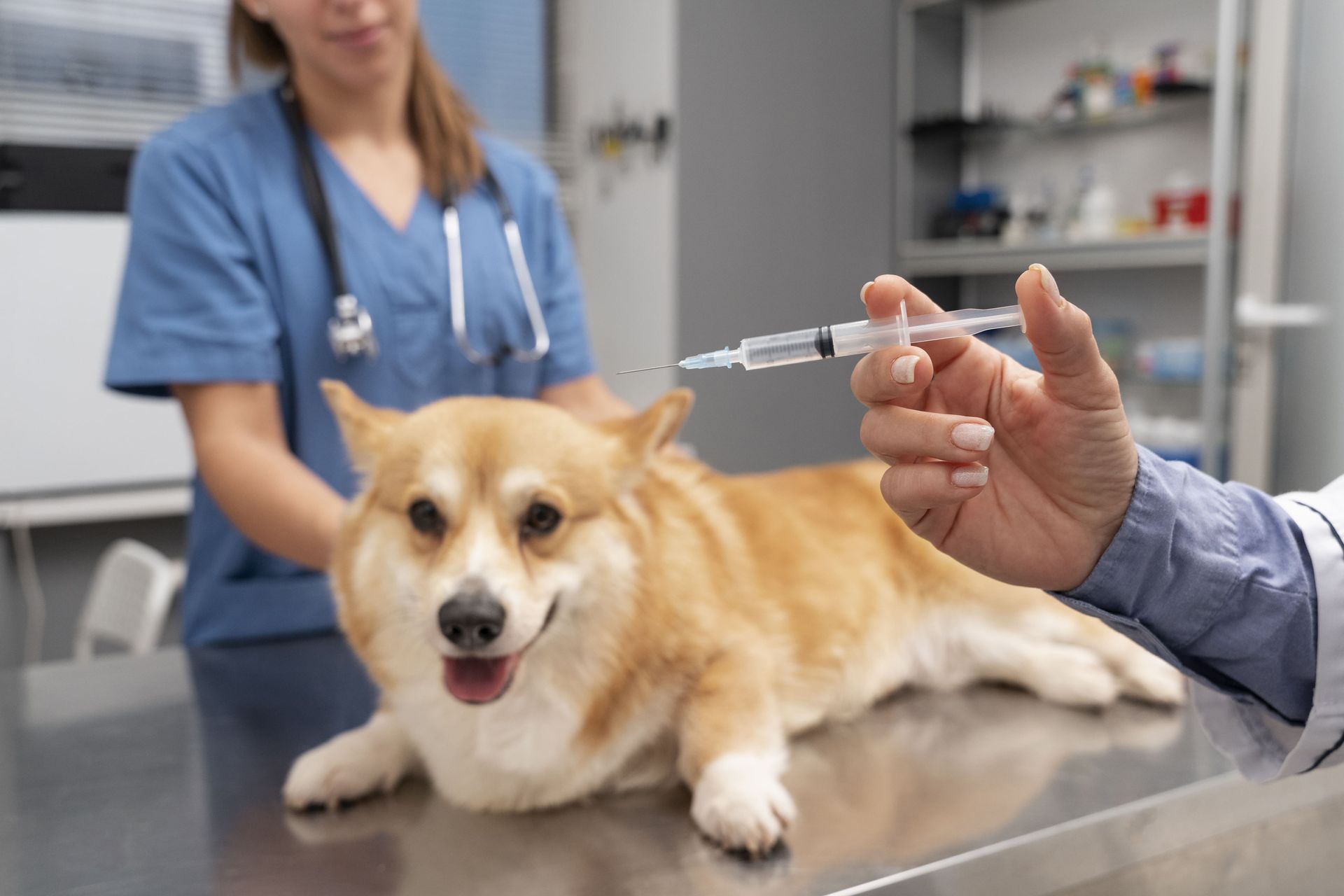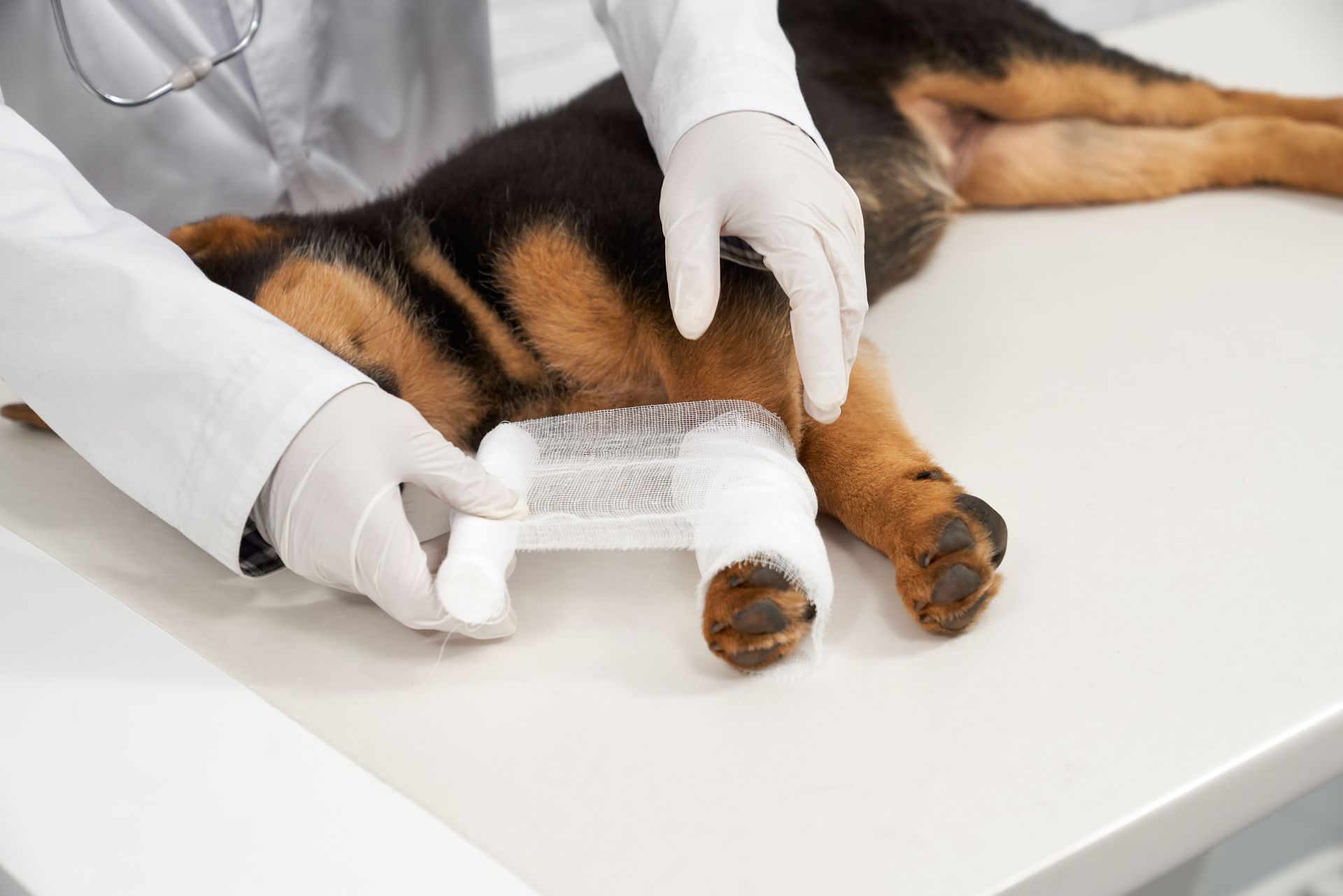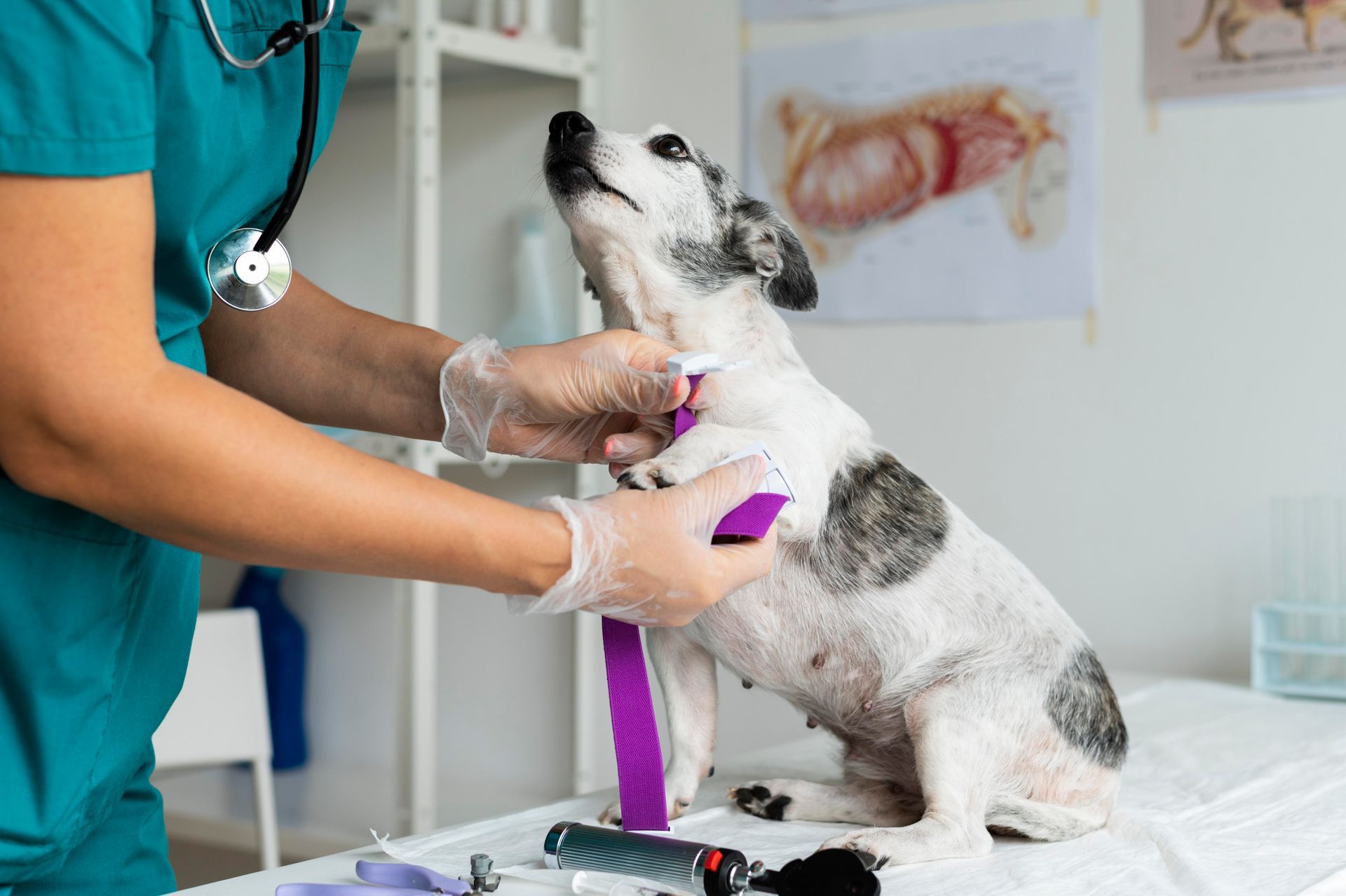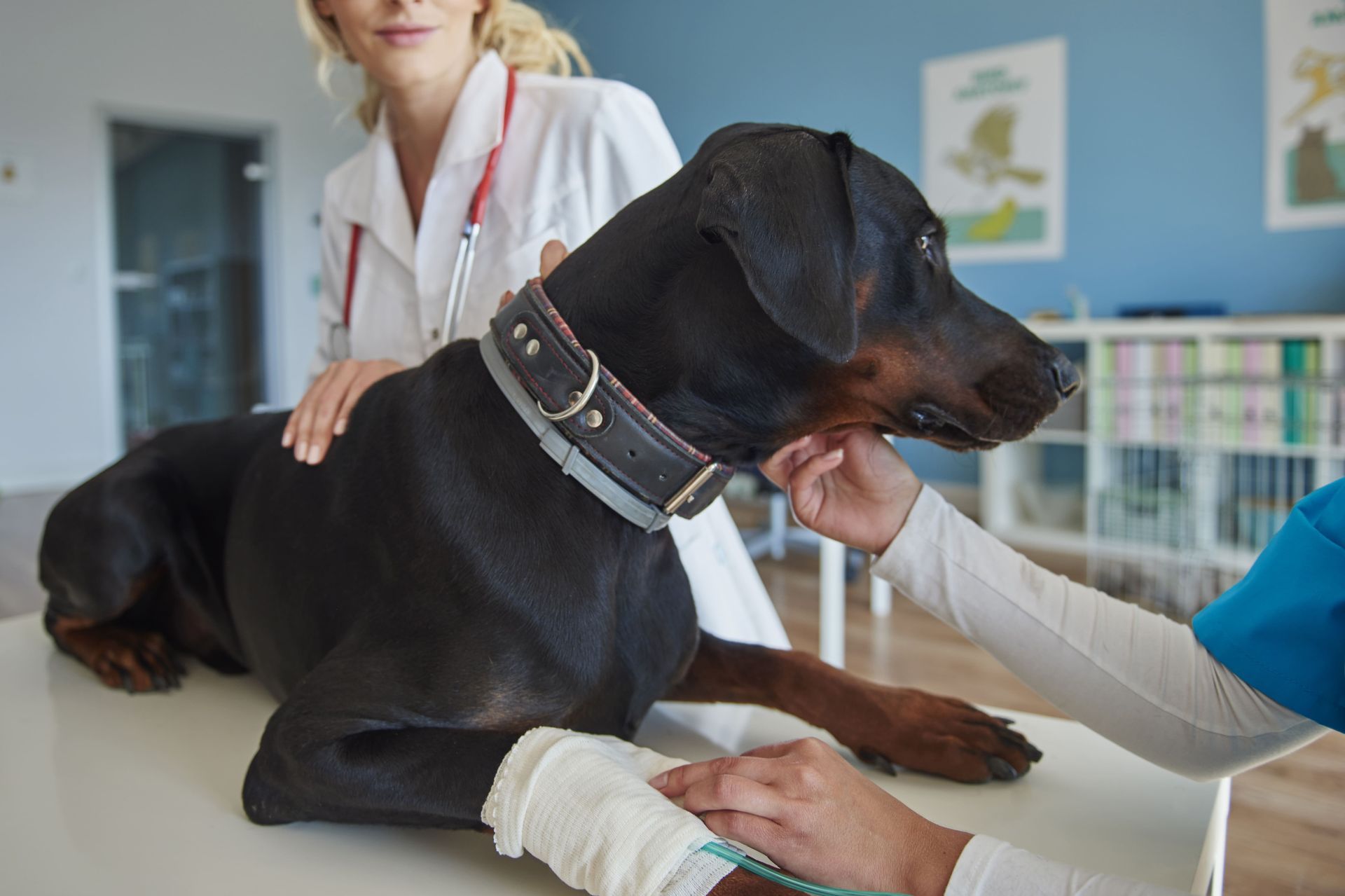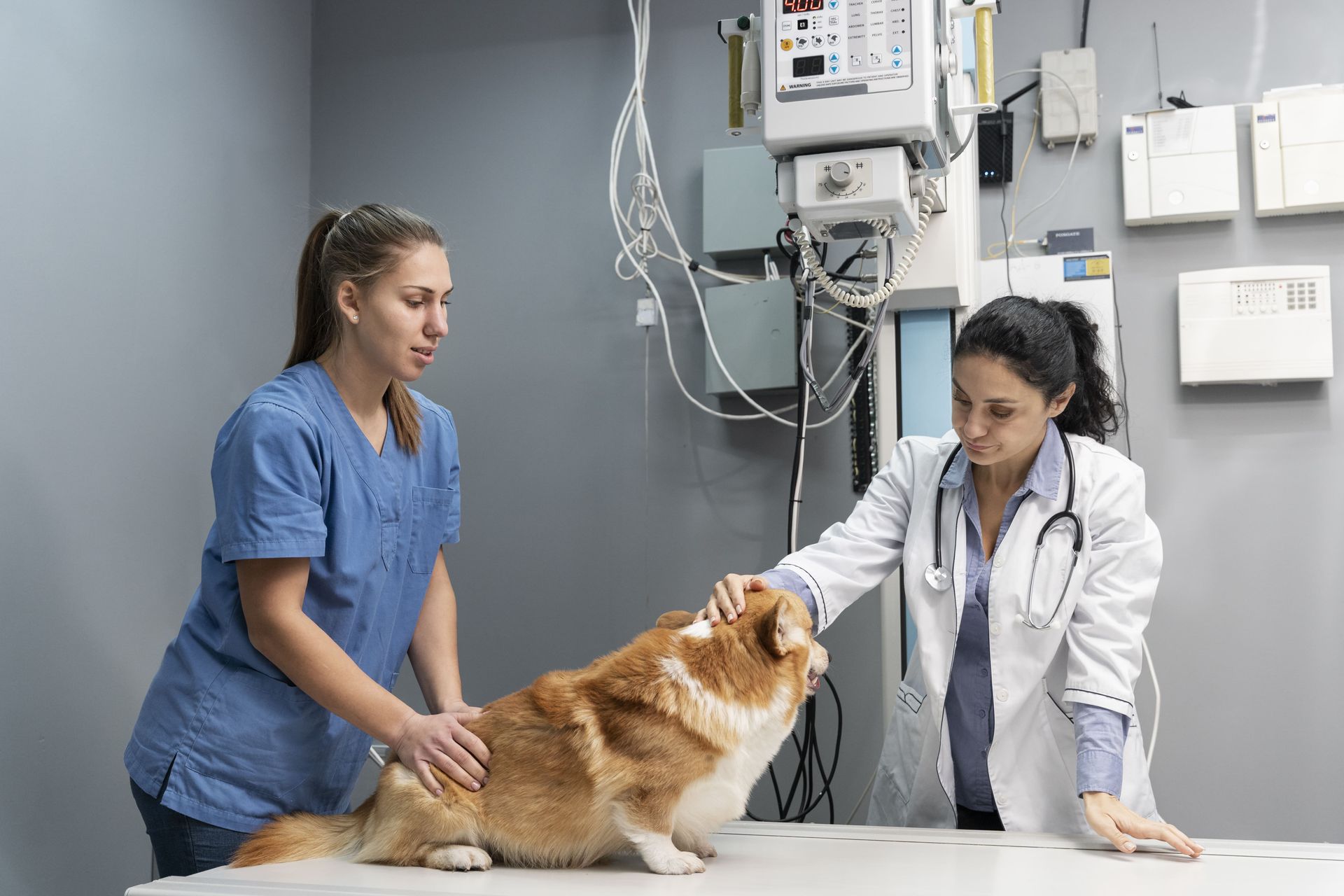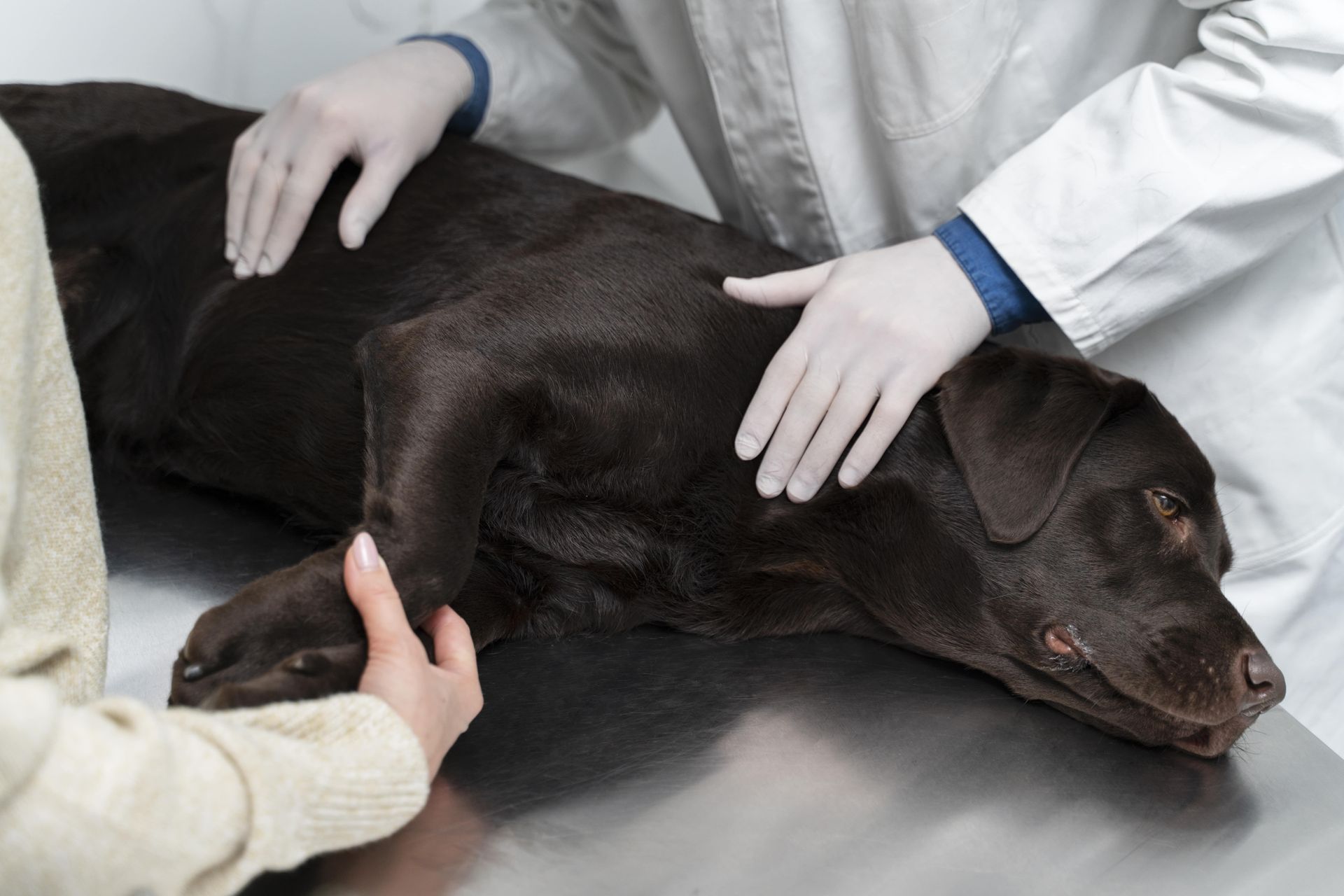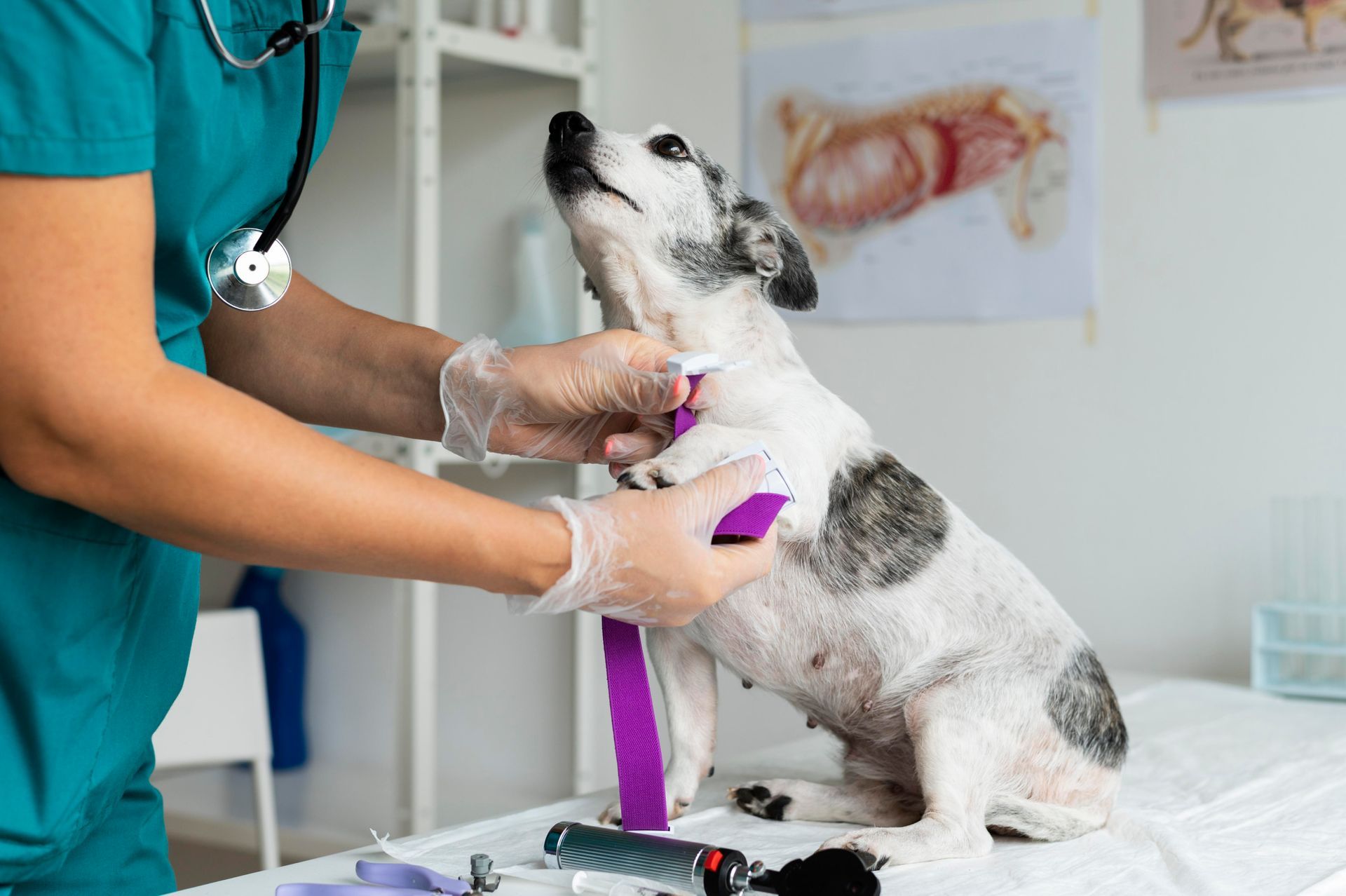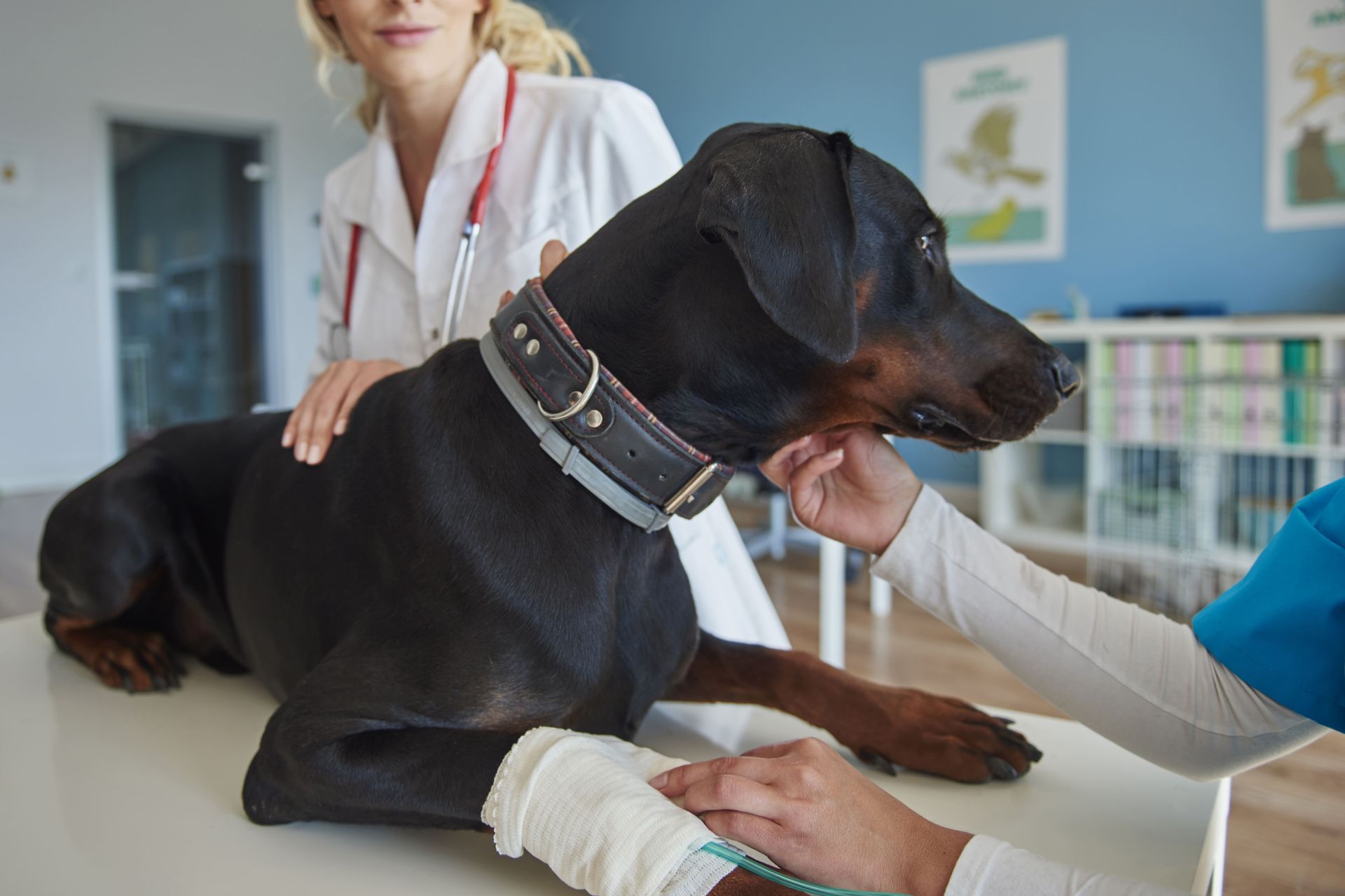Why Might Your Dog or Cat Need a Vet Cardiologist?
When it comes to our furry friends, we always want to ensure they are as healthy and happy as possible. Just like humans, pets can encounter health issues that may require specialized care. One such specialist your dog or cat might need to see is a vet cardiologist. But what exactly is a vet cardiologist, and when should you consider taking your pet to see one? In this blog post, we'll explore the reasons why your pet might need the expertise of a vet cardiologist.
What is a Vet Cardiologist?
A vet cardiologist is a veterinarian who specializes in diagnosing and treating heart and circulatory system conditions in animals. They have advanced training and experience in managing complex heart diseases, ensuring your pet gets the best possible care for their condition.
These specialists are equipped with the knowledge to handle intricate heart-related cases, ranging from congenital defects to severe cases of heart failure. Their expertise is crucial for pets with persistent heart issues, providing tailored treatment plans.
Moreover, a vet cardiologist not only provides direct treatment but also collaborates with your primary veterinarian to ensure a comprehensive approach to your pet's health, offering guidance on lifestyle modifications and precautionary measures that might benefit your pet.
Signs Your Pet May Need to See a Cardiologist
● Look out for symptoms such as:
- Coughing
- Difficulty breathing
- Fatigue
- Fainting spells
● If you notice any of these signs, consult with your regular vet to determine if a vet cardiologist is needed for specialized care.
● Additional signs to watch for include:
- A sudden drop in your pet’s energy levels
- Reluctance to exercise or play
- Subtle changes in behavior that seem unusual
● Monitor routine check-up results for:
- Abnormal heart rhythms
- Unusual blood pressure readings
● Any of these findings could suggest an underlying issue that would benefit from a vet cardiologist evaluation.
Common Heart Conditions in Dogs and Cats
Pets can suffer from various heart conditions, including heart murmurs, congestive heart failure, and arrhythmias. Each condition requires specific diagnostic and treatment approaches that a vet cardiologist can provide.
For instance, heart murmurs often signify an irregular blood flow within the heart, which can range from minor to critical conditions requiring immediate attention from a vet cardiologist. Understanding the severity is key to managing and improving your pet's health.
Congestive heart failure, another common issue, involves the heart's inability to pump blood effectively, leading to fluid build-up in the body. This requires a combination of medications and potentially lifestyle adjustments, all under the guidance of an expert vet cardiologist.
How Vet Cardiologists Diagnose Heart Problems
Vet cardiologists use a range of diagnostic tools such as echocardiograms, chest X-rays, and electrocardiograms (ECGs) to assess your pet's heart health accurately. These tests help in formulating an effective treatment plan tailored to your pet's needs.
The use of an echocardiogram, a specialized ultrasound of the heart, allows the vet cardiologist to visualize the heart's structure and functionality in real time. This method is non-invasive and provides critical insights into the heart's performance.
Further diagnostics might include advanced blood tests that look at cardiac biomarkers, helping to detect heart anomalies early on. When used alongside imaging techniques, these tests offer a holistic view of cardiovascular health, giving your vet cardiologist the best tools to keep your pet thriving.
Treatment Options Available
Depending on the condition, treatment might include medication, lifestyle changes, or even surgery. Your pet’s treatment plan will be customized to ensure the best possible outcome, managed by the expert hands of a vet cardiologist.
Medications are often the first line of defense, targeting various aspects of heart disease—from controlling blood pressure to regulating heart rate rhythms—helping manage symptoms and improve life quality.
In cases where surgical intervention is needed, procedures like pacemaker installation may be considered. Though more invasive, these surgeries can significantly extend your pet's lifespan and enhance daily living under the care of a skilled vet cardiologist.
Ensuring your pet maintains a heart-healthy lifestyle is essential, too. A vet cardiologist might recommend dietary adjustments, specific exercise routines, or stress minimization techniques to support long-term heart health.
The Importance of Specialized Heart Care for Pets
Understanding when to seek the help of a vet cardiologist for your pet can make a significant difference in their quality of life. Early detection and treatment of heart-related conditions can lead to better outcomes and a happier, healthier life for your furry friend.
Always consult with your regular veterinarian first, and they can guide you on whether a visit to a vet cardiologist is necessary. To find out more about the specialized care we provide, feel free to visit our homepage.
Final Words
Your pet’s heart health is too precious to leave to chance. By knowing the signs, trusting your primary vet, and getting help from a vet cardiologist when needed, you’re giving your beloved companion the best chance at a long, happy life filled with tail wags, purrs, and warm cuddles. So, keep an eye out for any changes and never hesitate to reach out for specialized care when your four-legged family member needs it most!
FAQs (Frequently Asked Questions)
Q-1: How do I find a good vet cardiologist near me?
Ans: You can ask your primary veterinarian for a referral, search veterinary specialist directories, or check with local veterinary hospitals for a trusted vet cardiologist.
Q-2: Is seeing a vet cardiologist expensive?
Ans: Costs vary based on tests and treatments, but early diagnosis by a vet cardiologist can often prevent more serious—and costly—issues later.
Q-3: Do all pets with heart murmurs need a vet cardiologist?
Ans: Not always. Some murmurs are harmless, but your primary vet may recommend a vet cardiologist if the murmur appears serious or is worsening.
Q-4: Can lifestyle changes help my pet’s heart condition?
Ans: Yes! A vet cardiologist may suggest diet changes, exercise plans, or stress reduction strategies to support your pet’s heart health.

